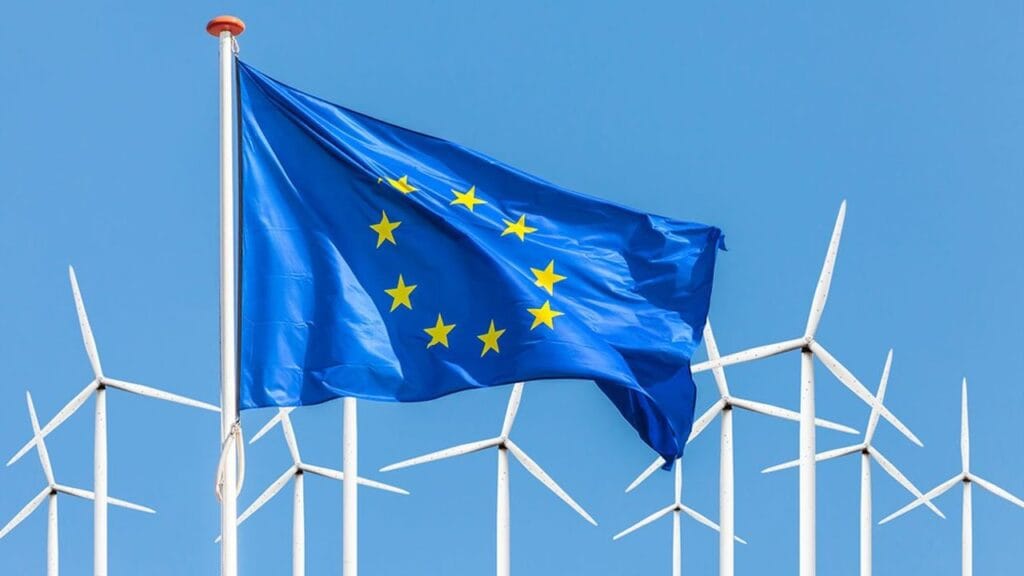The European Union once again displays its firm support for Morocco’s efforts to achieve carbon neutrality. During a conference held in Casablanca, the EU Ambassador to Morocco, Patricia Llombart Cussac, praised the Kingdom’s climate ambition, describing the EU-Morocco partnership as “natural” and “strategic,” in light of the energy transition reforms driven by His Majesty King Mohammed VI.
In fact, Morocco was the first country in 2022 to sign a **green partnership** with the European Union. This framework, which now structures bilateral cooperation on environmental issues, allows the Kingdom to be informed in advance of European regulatory developments related to the Green Deal, carbon pricing, the circular economy, and green hydrogen. This partnership is not just institutional: it has channeled a substantial portion of European funds towards Moroccan priorities, whether in energy transition (“green energy”), sustainable agriculture (“green land”), or the circular economy (“green economy”).
For the ambassador, the time is for acceleration. Cooperation on carbon markets and emissions pricing is a key lever for successfully achieving the energy transition, but also for capturing the many economic opportunities it offers on both sides of the Mediterranean.
Casablanca, future African carbon hub
These remarks were made during the second edition of the conference **”Scaling up carbon market in Africa: Shaping fair and effective markets,”** organized by Casablanca Finance City Authority (CFCA) and the CDG Group, in collaboration with German cooperation (GIZ). The event brought together public decision-makers and investors around two main themes: the development of carbon projects on the African continent and the expectations of buyers in this emerging market.
On this occasion, the Minister of Energy Transition, Leïla Benali, expressed a clear vision: to position Morocco as a **regional hub for generating high-quality carbon credits**, delivering social and environmental co-benefits. To achieve this, she specified that a coherent regulatory framework, increased transparency, robust governance, and access to financing are essential.
According to the minister, the carbon market is not just a simple economic tool; it is now a **strategic instrument**, a lever for structural transformation of the Moroccan economy. Especially since the Kingdom’s commitment to climate issues is not limited to following international trends: it is based on an **ethical and sovereign choice**, fueled by the country’s massive investments in renewable energies and infrastructure over the past two decades.
Carbon, a driver of competitiveness
The European Carbon Border Adjustment Mechanism (CBAM), often seen as a risk for Southern economies, is viewed by Morocco as an **industrial opportunity**. It has encouraged exporting companies to adapt more quickly and to engage in a low-carbon competitiveness logic. In this context, carbon certification becomes a **new quality standard** and a strategic asset for Moroccan exports.
Finally, the emergence of **Casablanca as a regional carbon market hub** was at the heart of the discussions. The financial center aims to structure an African ecosystem around carbon credits, both attractive to investors and beneficial for local economies.
With this conference, Morocco sends a clear message: it is ready to play a leading role in building a **fair and effective African carbon market**, in partnership with its European allies.
With Le Matin


